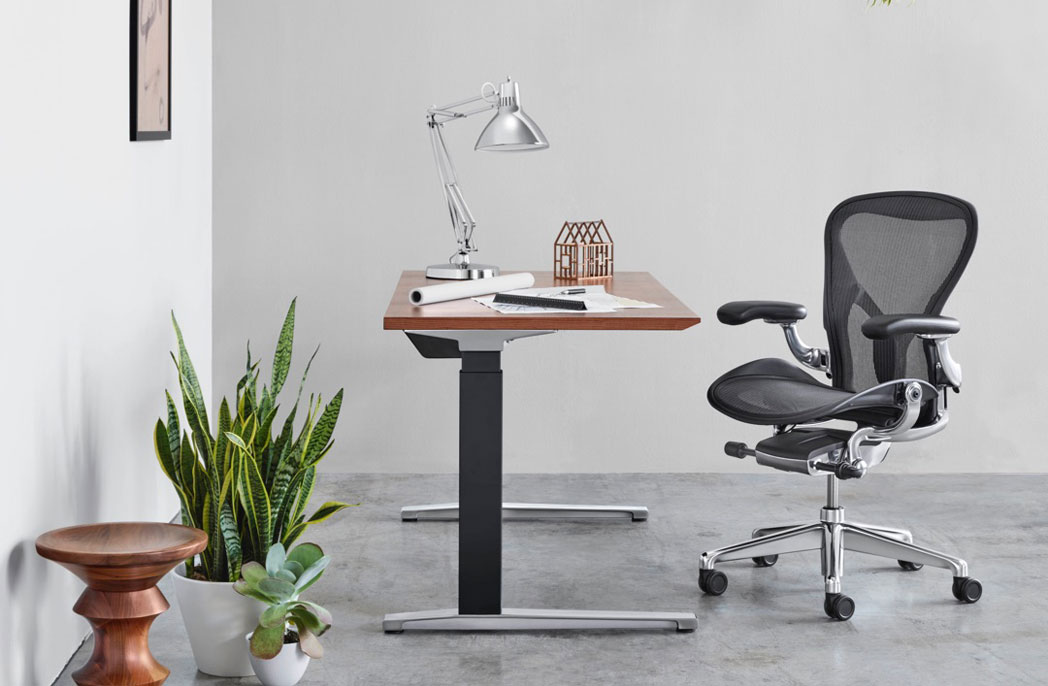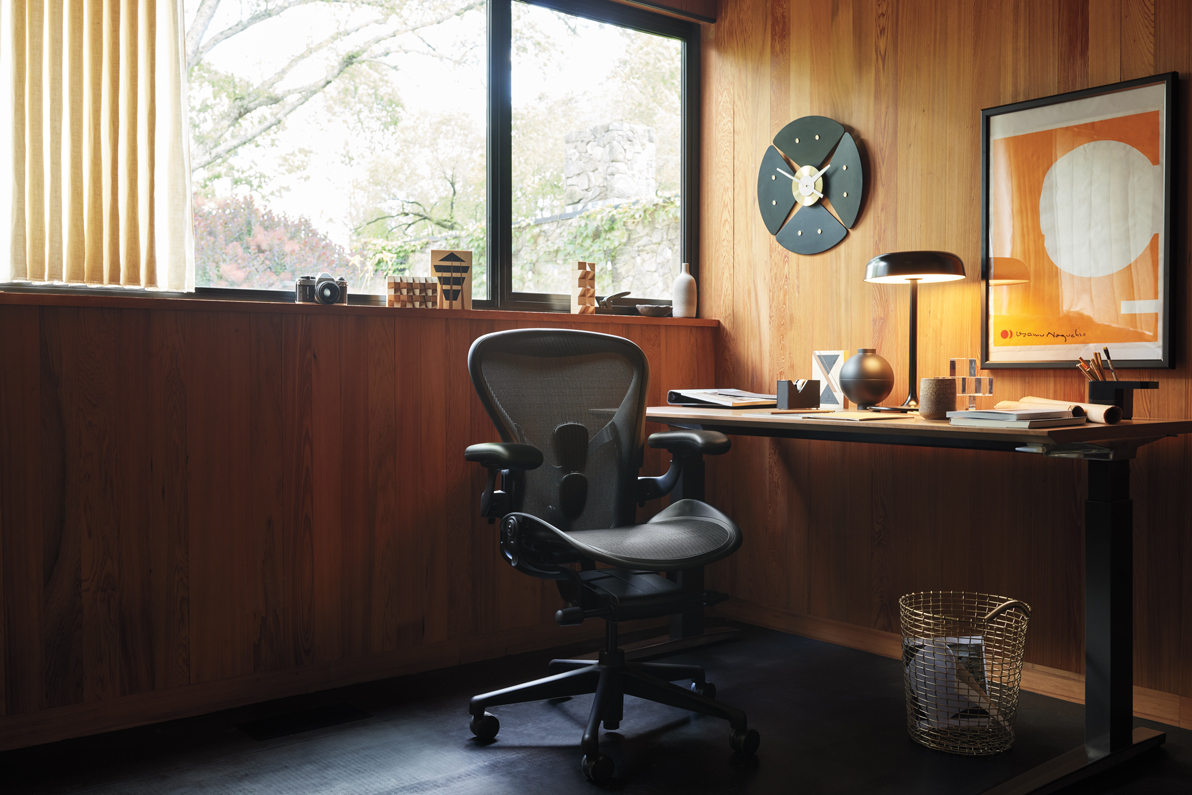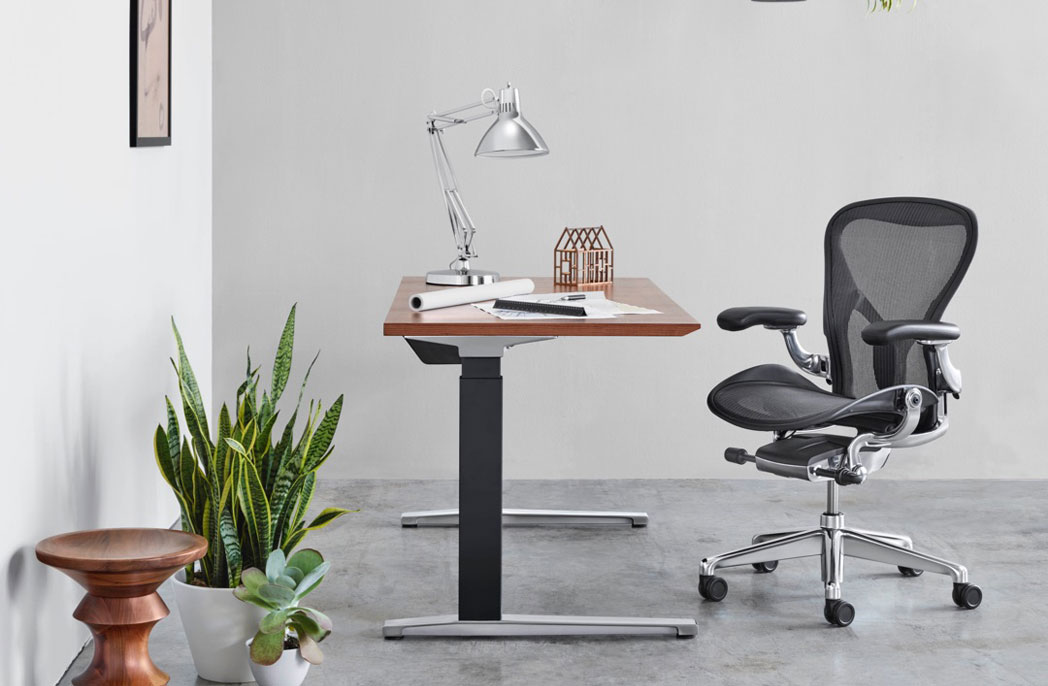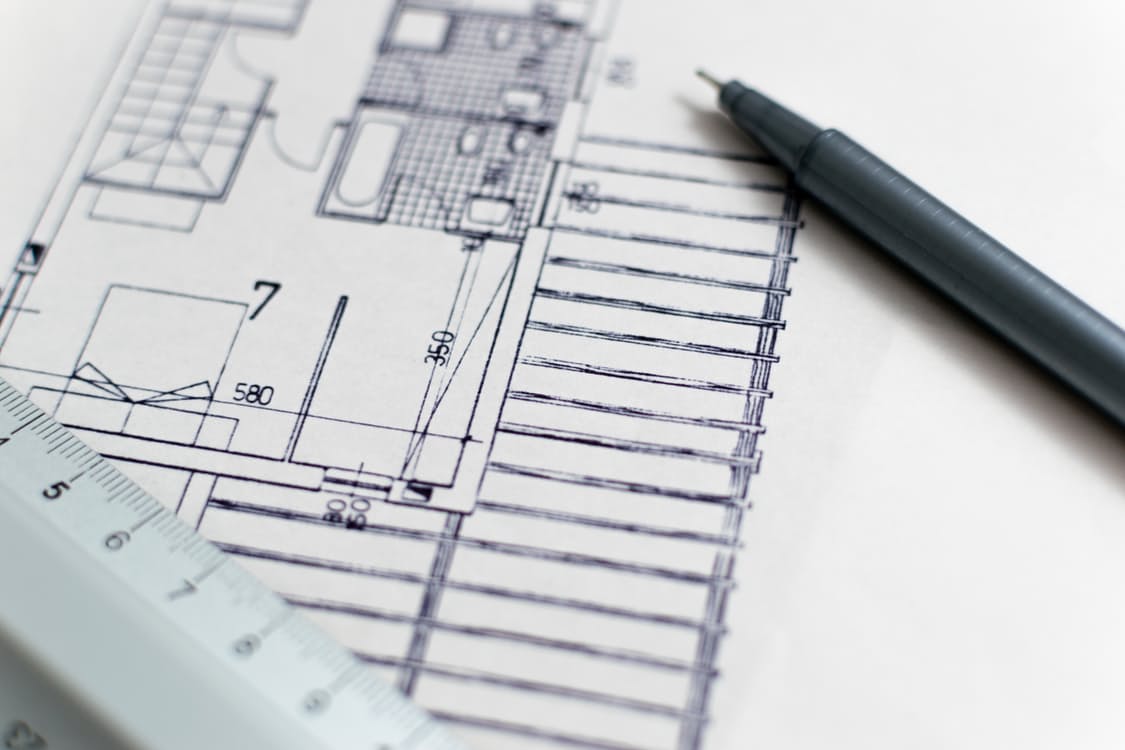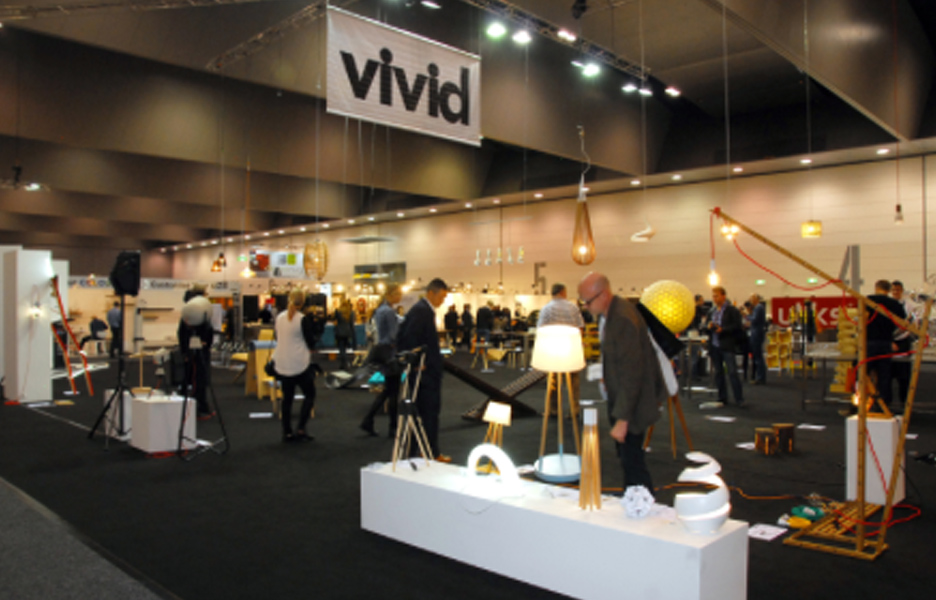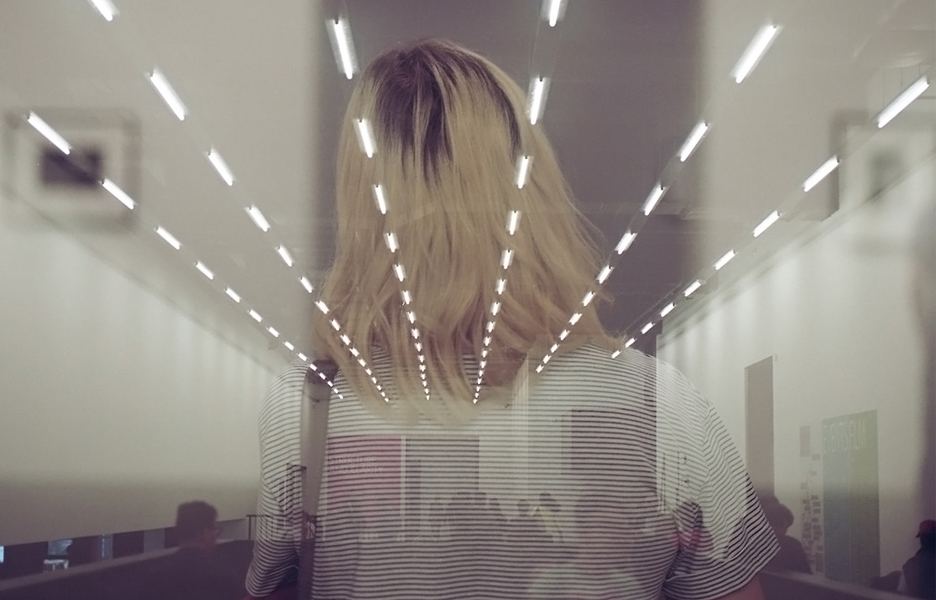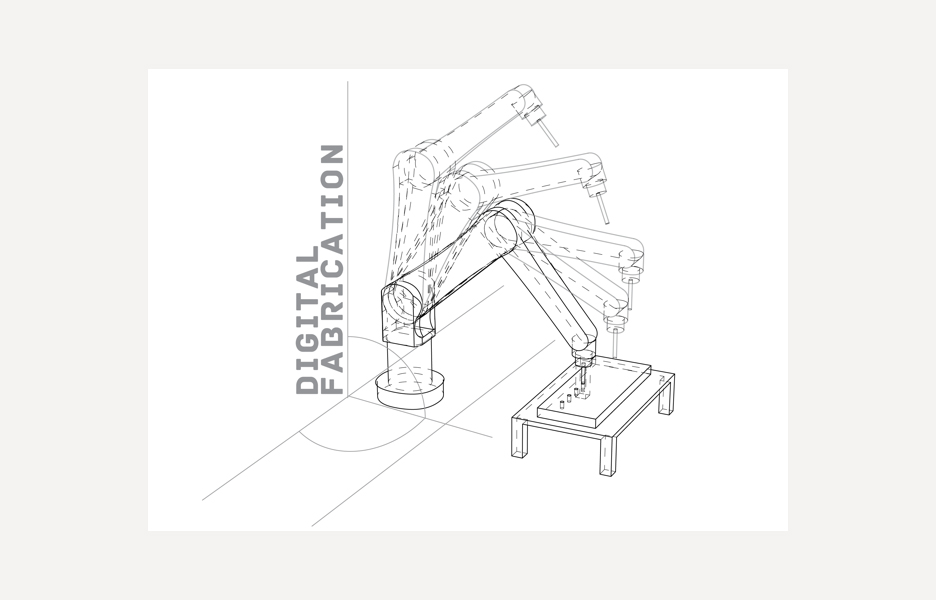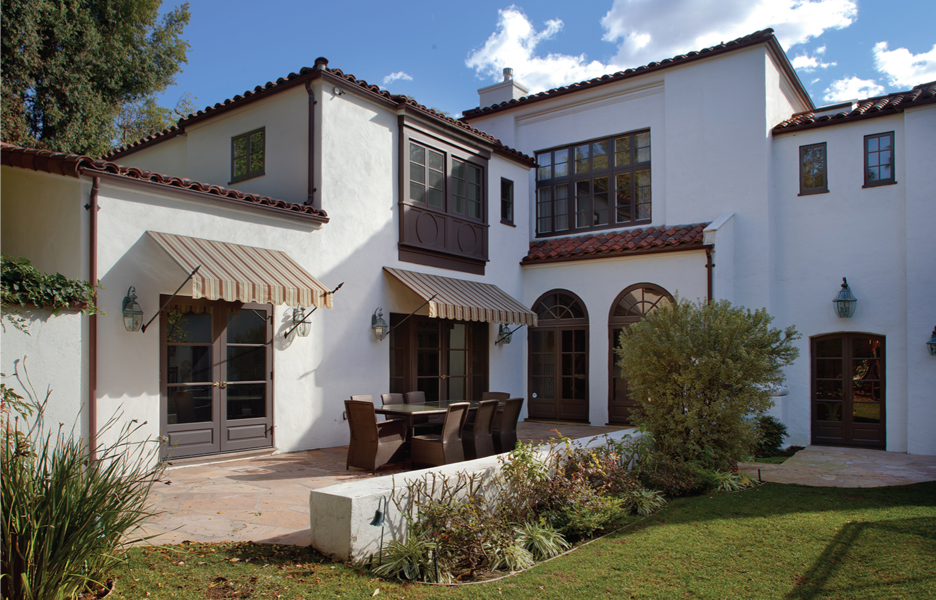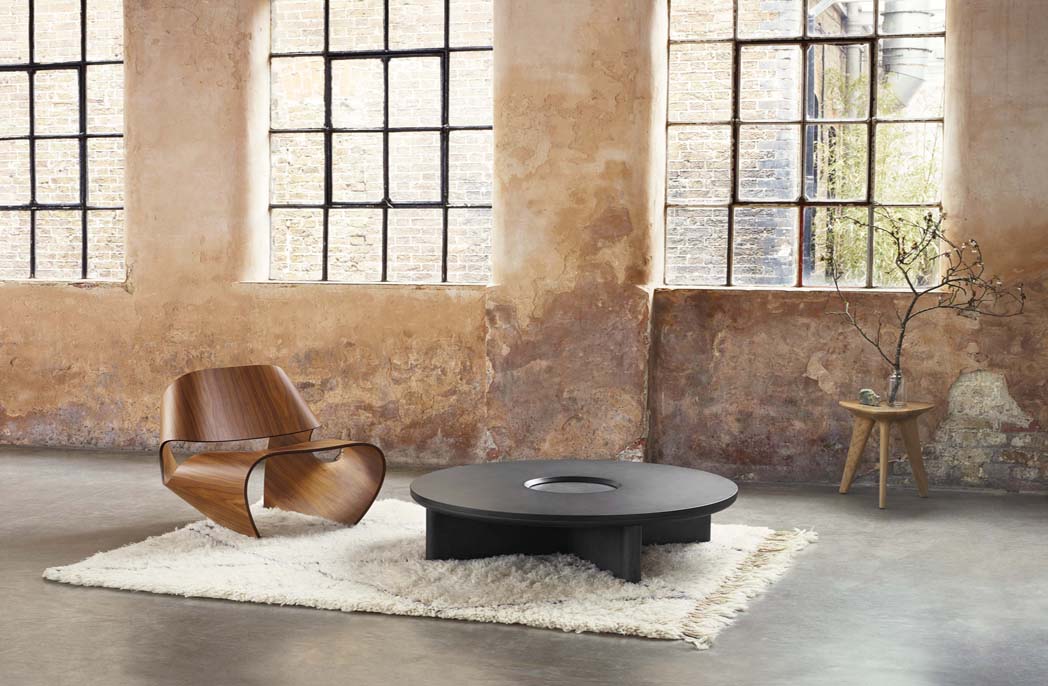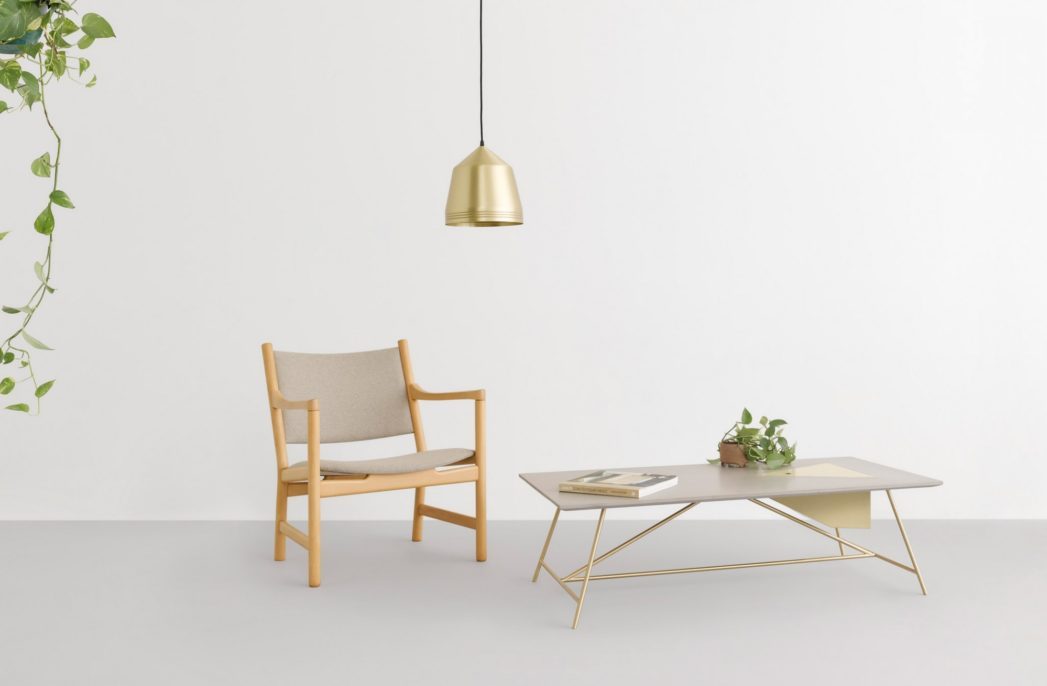
Environmental by design – the sustainability goals driving MillerKnoll
Environmental by design – the sustainability goals driving MillerKnoll
Share
With sustainability goals, ongoing innovation and concrete achievements, MillerKnoll aims to lead by example in the furnishings industry, proving that business success and environmental stewardship can go hand in hand.
Almost three years on from the merger of Herman Miller and Knoll, MillerKnoll is now a collective of dynamic brands that have shaped the world we live in through design for more than a century.
Herman Miller is responsible for some of the most recognisable designs of the 20th century, from the Eames and Aeron chairs to the Nelson Platform Bench. However, safeguarding iconic designs for present and future generations to enjoy does not preclude innovating the processes and materials needed to create them, particularly in line with sustainability goals.
The Eames Shell Chair provides the perfect example. Designers Charles and Ray Eames always embraced a spirit of continuous reinvention for its design, especially in developing the use of sustainable materials with each iteration.
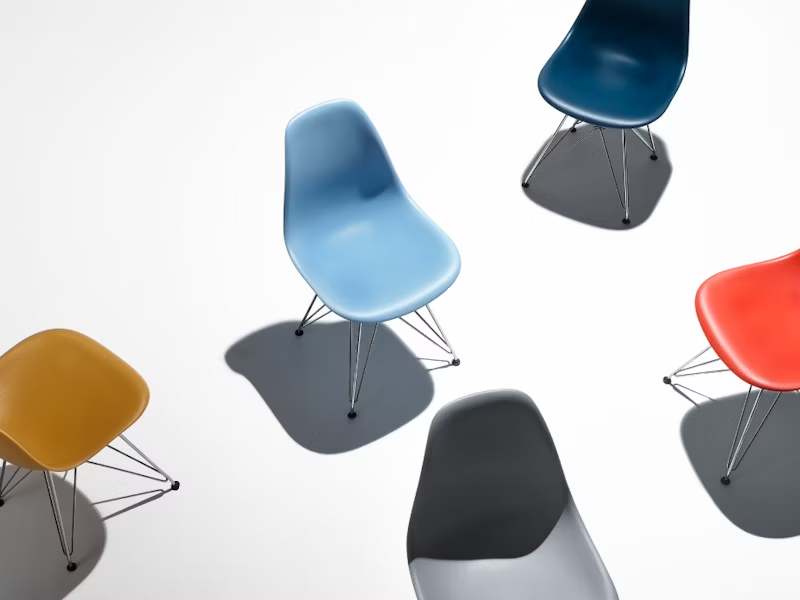
The chair’s most recent transformation includes the addition of moulded plastic shells containing 100 percent post-industrial recycled plastic. As a result, the Eames shells will likely use 122 tons of recycled plastic per year, based on the annual sales forecast, equating to a 15 percent carbon use reduction.
This spirit of responsible innovation courses through the culture of MillerKnoll. More than 500 employees come to work for the company each day focused solely on environmental goals and initiatives.
Towards ambitious 2030 sustainability goals
In 2022, MillerKnoll laid out new sustainability goals for the company to achieve by 2030. These goals target three key areas: reducing the company’s carbon and that of suppliers by 50 percent, designing out waste in landfill, air emissions and water use, and sourcing better materials.
In 2022, MillerKnoll hit an interim waste target, reducing single-use plastics in packaging by 30 percent. For furniture items that are no longer needed, MillerKnoll’s rePurpose program has also kept 98 percent of products out of landfills. When customers no longer have a use for furniture and office assets, this program diverts them from landfill to other organisations that need them.
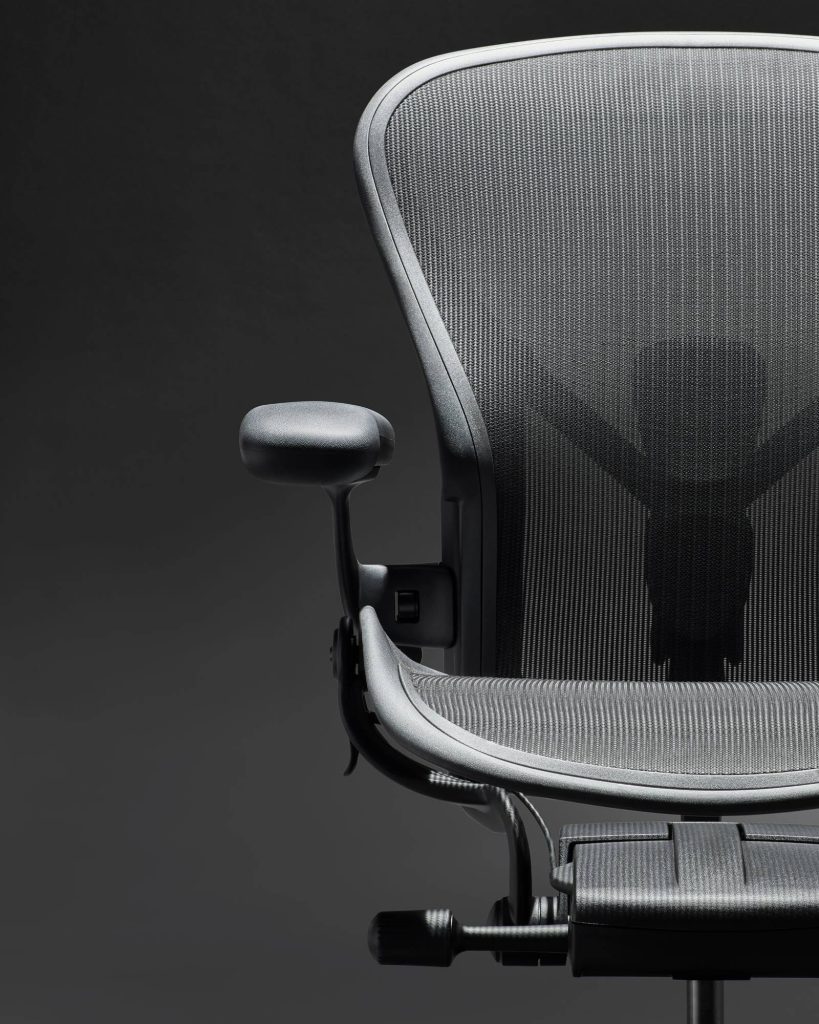
However, with materials accounting for more than 50 percent of the carbon footprint of products sold by MillerKnoll, the company recognised the need to dramatically increase the use of recycled content if it wanted to be a true part of the circular economy. It now targets 50 percent recycled content as part of the new goals.
Ideas in action
MillerKnoll’s sustainability targets play out in practise across a variety of eco-friendly initiatives.
The company is a proud founding member of NextWave Plastics, a consortium of multinational brands working to decrease the volume of plastic litter entering the ocean through the development of the first global network of ocean-bound plastic (OBP) supply chains.
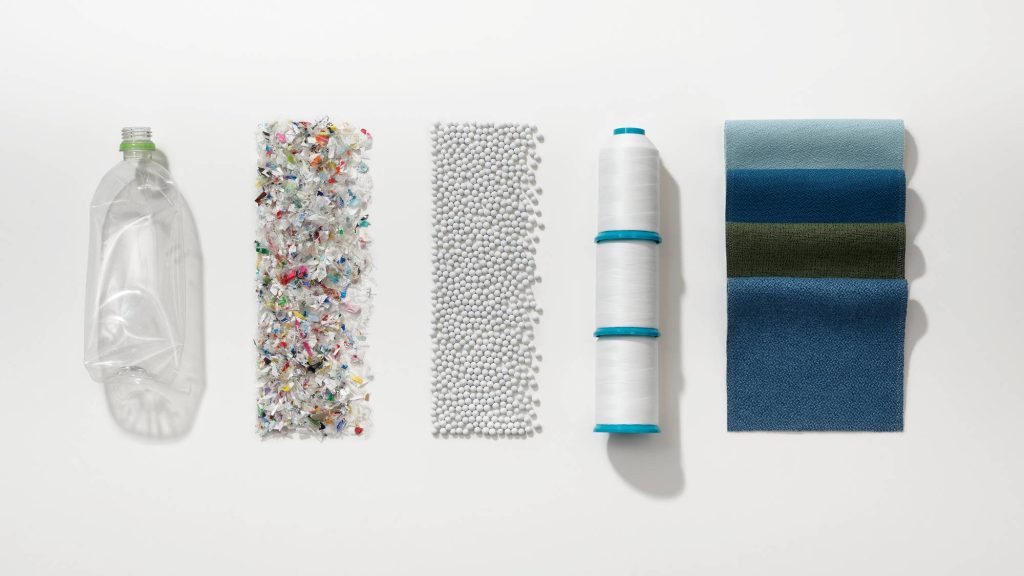
According to MillerKnoll’s approximation based on annual sales forecast, incorporating OBP in the Herman Miller Aeron Chair alone is estimated to divert over 150 metric tons of plastic (equivalent to 15 million water bottles) from the ocean every year.
Similarly, one of Herman Miller’s latest textile collections is made of 100 percent recycled materials and includes a biodegradable polyester. The Revenio Collection will divert an estimated equivalent of 4.6 million discarded plastic bottles annually (an approximation based on annual sales forecast).
At the same time, MillerKnoll continues to increase its renewable investments, including in wind and hydro energy.
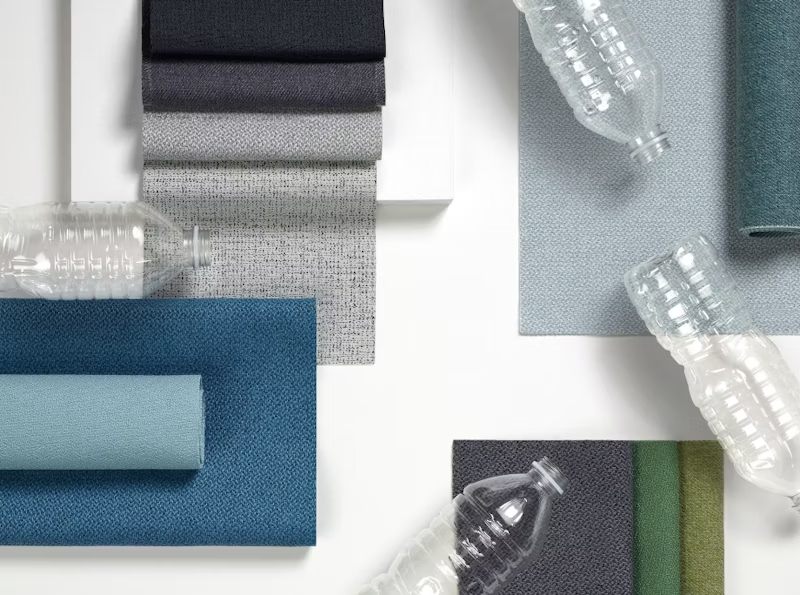
Wider community impact
Recognising the need for community sustainability, MillerKnoll’s efforts extend beyond its immediate operations.
Programs like Gift of Hope send company fabric scraps to mothers in Haiti who need assistance to support their families. Women in the program design purses, handbags and more from recycled remnants, which are then sold in MillerKnoll facilities and gifted to customers.
Meanwhile, MillerKnoll’s engineering brains came up with the Trash to Treasure program. Employees from the Miller Central engineering team saw the need for functional classrooms in rural India and swiftly answered the call. Using scrap material from the regular production line, the engineering team developed and designed renderings of desks, storage units and tables to be built by the manufacturing team for the school. After everything was built, both teams helped install the new furniture.
Socially conscious and sustainable ventures such as these have earned MillerKnoll various accolades, among them a WELL Platinum Certification and a Silver Rating in CSR by EcoVadis, placing in the top seven percent globally.
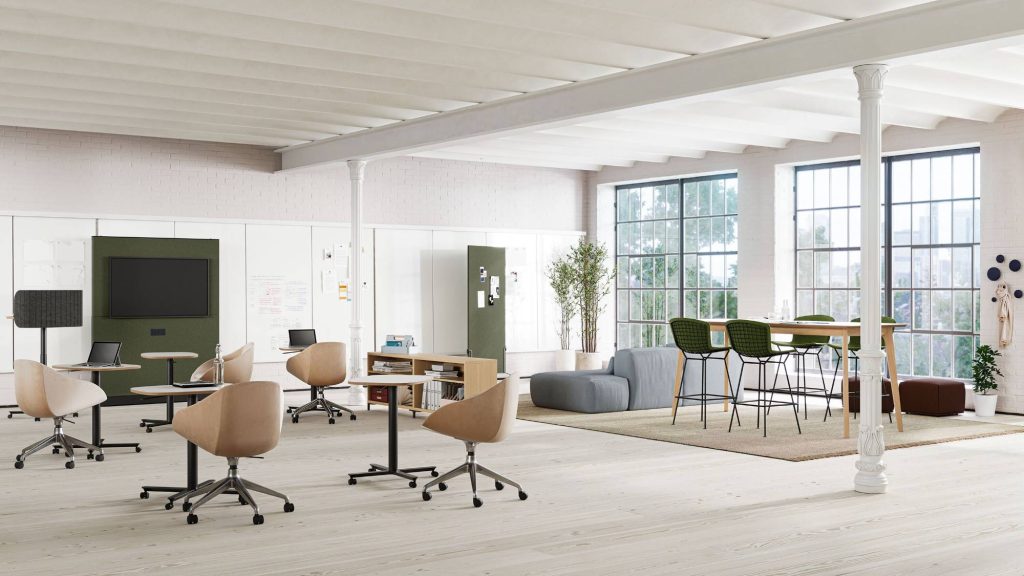
MillerKnoll has set out to make change, with employees designing and working ‘for the good of humankind’. As a result, the collective’s accomplishments have led it to be recognised worldwide as a leader in environmental advocacy.
Learn more about MillerKnoll’s commitment to sustainability on the company’s website.
Photography supplied by MillerKnoll.
You Might also Like
